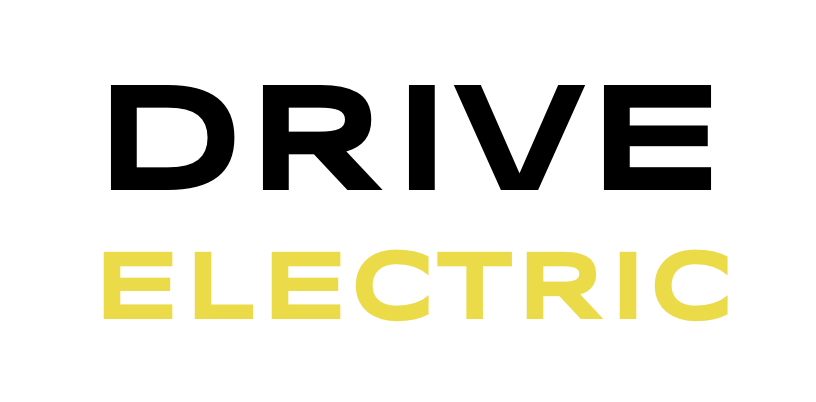South Africa’s largest e-commerce company, Takealot, already has nearly 300 electric vehicles (EVs) in its parcel and on-demand delivery business, with more to be added in the coming months.
The retailer told MyBroadband that its EV uptake was part of Takealot Fulfilment Solutions and the broader group recognising its responsibility to contribute to a more sustainable future.
“A key part of our strategy is building a greener supply chain by reducing our environmental impact through initiatives such as sustainable packaging and the introduction of EVs in last-mile delivery,” it said.
“Takealot Fulfilment Solutions is already using various electric modes of transport for last-mile deliveries, and we continue to run pilot projects and studies to guide further expansion.”
Takealot’s current EV fleet consists of 232 e-bicycles and e-bikes, 41 Mellovans, and 16 e-commercial trucks. It plans to adopt another 14 electric trucks within the next six months.
The e-bicycles and e-bikes are used for the company’s on-demand Mr D and TakealotNow services.
The locally produced Mellowvans are modified electric tricycles with ample storage space and additional protection for drivers. These are used in last-mile Takealot deliveries.
The 16 JAC N75 trucks are used for middle-mile deliveries. These can cover around 140km to 150km in round-trip travels using EV fleet company Aeversa’s dynamic load management.
The company told MyBroadband that going electric has not only reduced its carbon emissions but also lowered operational costs and given it a competitive advantage as an early mover.
However, it acknowledged that there were challenges with adopting and using EVs. Firstly, there was a high upfront capital investment required for charging and solar infrastructure.
In addition, the country’s long-distance routes still have a limited number of chargers. The new technology also requires additional operational management.
Several other courier and last-mile delivery services have also adopted EVs in their fleets, including Woolies Online, Spar2U, and DHL South Africa.
One major holdout has been Shoprite’s Sixty60, which previously piloted electric delivery vehicles between September and November 2023 and found that it was not yet a viable option for its delivery fleet.
However, Shoprite is using at least one EV heavy-duty truck in Cape Town. The Scania model boasts a range in the region of 350km, making it more suitable for longer-distance deliveries.
Long-distance trucks slowly making inroads
In general, long-distance EV truck transport remains challenging in South Africa as there are no truck charging stations along major highways or regional routes.
Several logistics companies, including DHL Supply Chain, KDG Logistics, and Vector Logistics, are using heavy-duty Volvo EV trucks in South Africa.
Volvo Trucks South Africa managing director Waldemar Christensen recently told Engineering News that the company is asking the government for an import duty holiday for four or five years to stimulate local demand.
One proposed solution to this is battery-swapping stations. Recently, Chinese heavy-duty manufacturer Sany revealed it had sold 100 of its heavy-duty EV trucks with this feature across Southern Africa in 2025.
The company has signed an agreement with Zero Carbon Charge, a public charge point operator, to use its battery-as-a-service system for long-distance logistics.
In a recent blog post, Zero Carbon Charge CEO Larissa Venter explained that heavy-duty trucks contributed more than a third of global road transport carbon dioxide emissions, despite making up less than 10% of vehicles on the road.
The shift to electric also makes financial sense in the long run. A heavy-duty truck consumes around R6 per kilometre on diesel, compared with an effective rate of less than R2 per kilometre when using solar.
The Climate Change Act, which was proclaimed in March 2025, will make it even more expensive to use diesel. “Exporters will be punished by carbon border taxes, while local hauliers will be fined for blowing their emissions caps,” Venter said.
In the world’s most mature EV markets — China and Norway — sales of EV trucks are surging. Around 12% of Norway’s trucks are electric, while 80,000 models were sold in China last year.
Full article HERE
(source: Mybroadband)

